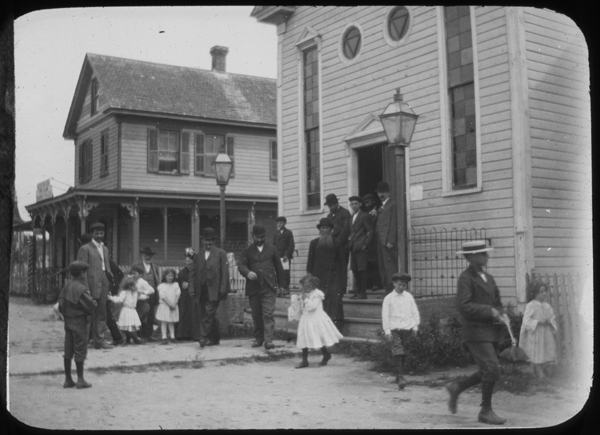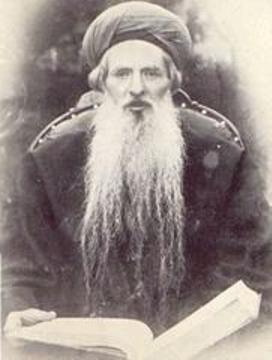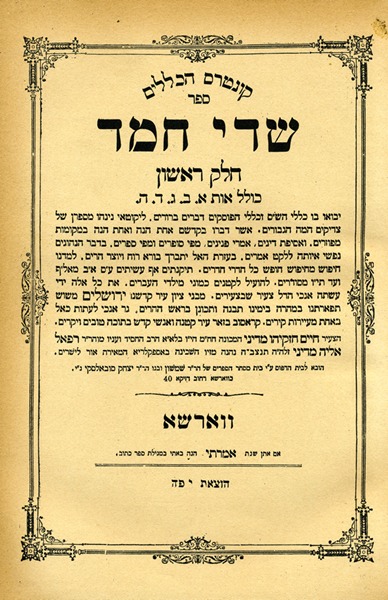
In Padua, Italy, there lived a great rabbi, Meir Katzenellenbogen. His reputation and connections spread far and wide, and he maintained very warm relations with the rabbis in Poland. He even sent his grandson to be educated there. This grandson, Rabbi Shaul Wahl (c. 1542-1622), became famous in his own right and the source of a remarkable legend.
There is no question that he lived and was very wealthy. We have documents where he reported an income of 800,000 rubles per year. This represented enormous wealth. The average laborer made less than 200 rubles per year.
Even though he was very wealthy and blessed with great talent, he had perhaps an even more remarkable quality: he was respected by the non-Jews to the point that he was an advisor to the King of Poland as well as many Polish noblemen. Despite all the intrigues and politics of the court this Jew was not only able to survive but thrive.
The legend is that after the king died, there were three contenders to the throne. The reigning council could not decide on one. Therefore, until they agreed on a successor, they decided to temporarily appoint Rabbi Shaul Wahl to be the King of Poland. The reason they chose him was that if they chose anyone else he might not give up the throne. They only trusted this Jew, who had no pretensions to the throne and who readily give it up, to step into the breach temporarily.
Whether or not there really was a Jewish King of Poland for a day is secondary. At the least it dispels the common misconception that Polish Jewry was always impoverished and lived in misery. While that may have been true for Jewish life in the 1800s, Jews in 16th century Poland flourished. They built great communities with renowned Torah academies. It was a golden age for Polish Jewry.
Was there Jew who was king for a day in Poland? No one can say for sure. But the fact that the legend exists tells us that the Jews in the golden age of Poland lived very differently that the latter day stereotypical image of the Polish Jew.












